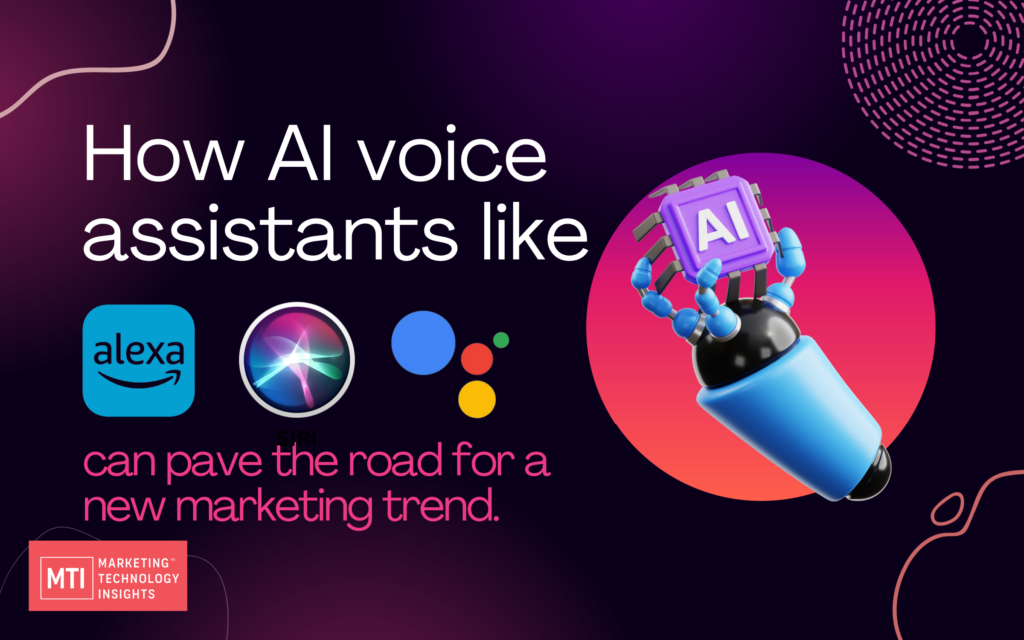Introduction
AI voice assistants, such as Siri, Alexa, and Google Assistant, have emerged as powerful tools that not only assist but also accompany users throughout their daily routines. These voice assistants, developed by tech giants like Amazon, Google, and Apple, harness big data to offer human-like assistance, responding to voice commands and providing relevant answers. While they find applications across various sectors, most users access them either through home devices or their smartphones.
Utilizing AI Voice Assistants for Marketing
AI voice assistants offer a unique avenue for marketing, providing businesses with innovative opportunities to engage customers and build long-term brand value.
Audio Ads: One effective marketing strategy involves inserting audio advertisements between songs or during idle moments when users are engaging with their voice assistants. This approach can reach a vast audience, as voice assistants are now integral to many people’s daily lives.
Suggestion-based Marketing: Users frequently turn to their voice assistants for suggestions or recommendations. For instance:
User: “Hey, what’s the weather today?”
Assistant: “The weather indicates rain; consider carrying an umbrella.”
User: “I don’t have an umbrella.”
Assistant: “Here are some top-selling umbrellas nearby.”
This interaction presents a clear marketing opportunity. Businesses can collaborate with AI voice assistants to promote their products or services when users seek recommendations. This practice has already become invaluable for major cab companies, showcasing the growing importance of voice assistant integration.
Small Businesses’ Marketing: Small businesses can also tap into this emerging marketing domain. By optimizing their products and strategies for voice assistant interactions, they can participate in the suggestion-based marketing model. For instance, a local bakery could have its voice assistant suggest freshly baked goods when users ask for nearby breakfast options.
Exploring Further Possibilities
Apart from the aforementioned strategies, AI voice assistants offer additional avenues for innovative marketing:
Personalized Marketing: AI voice assistants thrive on data. They can analyze user preferences and behaviors to deliver highly targeted marketing messages. For instance, if you mentioned needing a leather jacket for winter during a conversation with your assistant, it could subsequently recommend leather jacket deals.
Contextual Marketing: Leveraging the user’s context, AI assistants can display ads that are highly relevant. For instance, when a user asks for directions to a store, the assistant can present ads for nearby businesses. This contextual approach enhances the chances of users engaging with the advertisements.
Conclusion
AI voice assistants, such as Siri, Alexa, and Google Assistant, are driving a new marketing trend that is personalized, conversational, and contextual. These technologies allow businesses to reach consumers when they are most receptive, fostering stronger relationships and increasing brand value. As voice assistants continue to evolve and integrate seamlessly into our lives, they hold great promise for the future of marketing.



